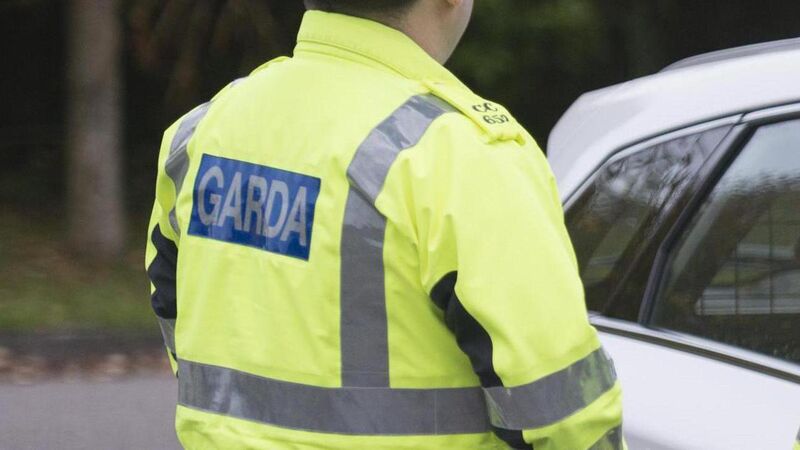Recruitment age for gardaí to rise from 35 to 50

The last time the age limit to become a Garda increased was in 2004, where it went from 26 to 35.
People will now be able to apply to become a garda up to the age of 50 after Cabinet agreed to raise the maximum age from 35.
Cabinet, on Tuesday, agreed to increase the age by 15 years following proposals from Justice Minister Helen McEntee.











